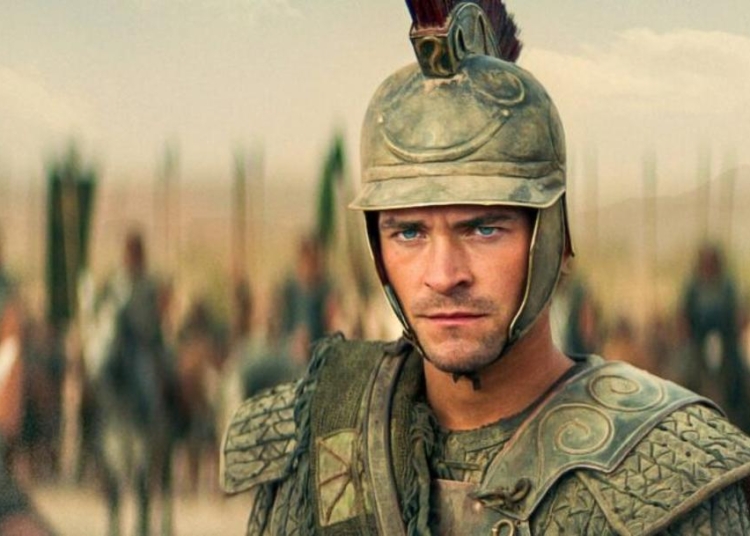Alexander the Great, also known as Alexander III of Macedon, was a legendary military leader who conquered vast territories and shaped the course of history. Born in 356 BC, he succeeded his father as king at a young age and received a diverse education from Aristotle. Known for his innovative military strategies, he conquered the Persian Empire and expanded his empire from Greece to India. Despite his untimely death at 32, Alexander’s legacy endured through the Hellenistic period and inspired future leaders. His story exemplifies the power of ambition, determination, and innovation in leaving a lasting mark on the world.
Alexander the Great: Conqueror and Military Strategist Extraordinaire
Alexander the Great, also known as Alexander III of Macedon, was one of the greatest military leaders in history. He was born in 356 BC in Pella, the capital of the ancient kingdom of Macedon. Alexander succeeded his father, Philip II, as king at the young age of 20.
Early Life and Education
Alexander received his education from the famed philosopher Aristotle, who instilled in him a love for learning and a keen interest in philosophy and literature. This education, combined with his father’s military training, would shape Alexander into a formidable leader and strategist.
Conquests and Expansion
Alexander’s most famous achievement was his conquest of the vast Persian Empire, which at the time was the largest empire in the world. He began his military campaign in 334 BC and within a few years had conquered Egypt, Phoenicia, and Asia Minor. In 331 BC, he defeated the Persian king Darius III at the Battle of Gaugamela, solidifying his control over the Persian Empire.
Military Strategies
Alexander was known for his innovative military tactics and strategies. He was a master of speed and surprise, often catching his enemies off guard with his swift and decisive movements. He also made effective use of cavalry and infantry, coordinating them in battle to create a powerful and unstoppable force.
Legacy
Despite his short reign, Alexander’s conquests had a lasting impact on the world. He founded numerous cities, most notably Alexandria in Egypt, which became centers of culture and learning. His empire stretched from Greece to India, creating a cultural exchange known as the Hellenistic period.
Death and Successors
Alexander died in 323 BC at the age of 32, under mysterious circumstances. His empire was divided among his generals, known as the Diadochi, who continued to fight for control in the years following his death.
Conclusion
Alexander the Great remains one of the most well-known and revered figures in history. His military prowess and conquests have inspired countless leaders and military strategists throughout the ages. He is a testament to the power of ambition, determination, and innovation in shaping the course of history.













